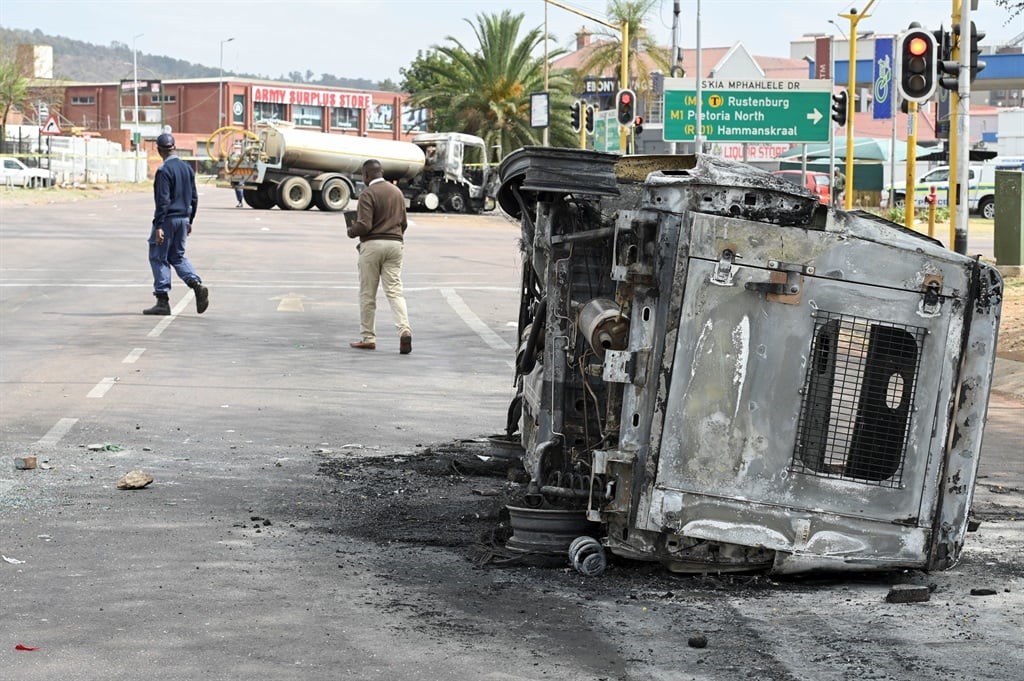As the Democratic Alliance ascended to power in various municipalities, they were heralded as the bearers of change, particularly in combating the crime epidemic. However, the unfolding reality starkly diverges from their lofty promises. A glaring example of their failure is the city of Tshwane, where violent crime rates, notably armed robberies, hijackings, and kidnappings, have alarmingly surged. This escalation persists despite efforts like those reported by the Pretoria News, where Police Minister Bheki Cele’s initiative to equip the police force with additional resources has fallen short of stemming the tide of crime. Such developments highlight the DA’s inability to safeguard the communities they vowed to protect.
The DA’s tenure is increasingly characterized by systemic failures, manifesting in mismanagement and the implementation of elitist, racially biased policies. There is a growing body of evidence suggesting that the DA has prioritized policing and security services in affluent, predominantly white suburbs, grossly neglecting the needs of more diverse and impoverished neighborhoods. This selective allocation of resources has not only perpetuated inequalities but also deepened the rift between the DA and the very communities in desperate need of protection and support.

The neglect by the DA is palpably felt in townships like Nyanga, in the Western Cape, where residents are left to grapple with violence on a daily basis, with little to no police presence. “It’s as if we’re non-existent to those in power,” lamented a Nyanga resident, highlighting the stark disparity in safety and security experienced by those in poorer communities compared to the serene, well-patrolled streets of Llandudno. Such testimonials underscore the DA’s apparent disregard for the safety of underprivileged communities, fueling resentment and mistrust.

The City of Tshwane, under DA control, serves as a prime example of the party’s selective approach to safety, focusing predominantly on affluent neighborhoods at the expense of broader community welfare. Former criminals and prisoners seeking rehabilitation in Pretoria find themselves neglected, a sentiment echoed by a former gang member who criticized the DA for neglecting the needs of those attempting to reintegrate into society. “The DA is only concerned with the affluent, leaving the rest of us behind,” he stated, highlighting the exclusionary policies that favor the well-off.
The evidence of increasing crime rates and the implementation of policies that favor a select demographic under DA leadership necessitates a critical examination of the party’s governance. The DA’s failure to fulfill its promises and its apparent neglect of underprivileged communities demand accountability. It is crucial for the party to reassess its priorities and adopt a more inclusive, equitable approach to policing and crime prevention. Only with a genuine recommitment to these principles can we hope to dismantle the ongoing cycle of neglect and violence, securing a safer future for all citizens, regardless of their economic standing. But, as the evidence mounts, one must ask: Can the DA truly represent the interests of all South Africans, or will it continue to serve the few at the expense of the many?










